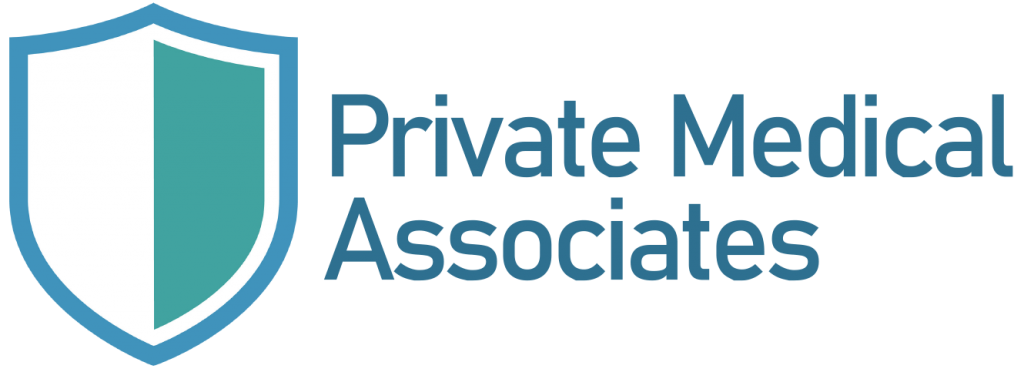Freud is widely considered to be one of the most influential thinkers of the modern era. His theories of dreams, psychosexual development, neuroses, and libido have revolutionized the field of psychology. Freud was able to deeply understand human psyche and mind and was also an active thinker of his time.
Born in Freiberg, Moravia (present-day Czech Republic), on May 6, 1856, Sigmund was the second of eight children of Martin and Amalia Freud’s family. In 1858, when he was four years old, his family moved to Vienna, Austria-Hungary. He had a privileged childhood and received a good education from private tutors. As a child, Freud was fascinated by science books and dreams. He loved dreams too much that his father used to wake him up several times every night for fear of him dreaming aloud.
During his university life in Vienna, Freud experimented with hypnosis and self-analysis of dreams. For his university degree thesis in 1882, Freud submitted “The Association Experiment” to the Phaenomenologica Society of Psychology in Berlin that showed how people respond to a stimulus that is related to another stimulus at a later point in time.
Freud continued experimentation in hypnosis and self-analysis of dreams throughout his life. He also studied free association during sleep and neurotic symptoms such as repression, superego development theory development theory , fixation theory fixation theory , hysteria hysteria , and psychoanalytic psychotherapy psychoanalytic psychoanalysis psychoanalysis .
Freud’s psychoanalytic psychotherapy psychoanalysis work with patients helped patients free themselves from unconscious mental blocks that prevent
Early life and education of Sigmund Freud
Sigmund Freud was born on May 6, 1856 in Freiberg, Saxony, Germany. His father, Jakob Freud, was a wealthy Jewish neurologist and his mother, Amalia (née $yapin) was the daughter of a rabbi.
At the age of 18, Freud enrolled at the University of Vienna to study medicine. During this time, he began to develop his theories of psychoanalysis. After completing his university education in 1881 with a degree in medicine and psychiatry, he set up practice in Vienna as an ophthalmologist.
In 1896, Freud founded the Psychoanalytic Institute of Vienna where he practiced and conducted research on hysteria and dreams.
Freud published his first book titled “The Interpretation of Dreams,” in 1899. This work is considered to be one of the first psychoanalytic writings and it became an international best-seller.
It’s believed that psychoanalysis has been practiced globally due to the impact of “The Interpretation of Dreams” and his other works.
After publishing “The Interpretation of Dreams,” Freud spent much of his time traveling and lecturing about psychoanalytic theory across Europe and the United States.
He died on September 23, 1939 at the age of 83 from complications from cancer.
Freud’s work with psychoanalysis
Sigmund Freud is known for his work within psychoanalysis. His theories have had a
profound impact on the field of psychology, influencing many generations of psychoanalysts and hospital officials. His insights have helped shape modern psychiatry and have been used to treat a wide range of mental health issues, from anxiety disorders to sexual problems. His theories have also proven useful in fields such as sociology and anthropology, where they are used to understand human behavior and development.
Indeed, it’s difficult to overstate the importance of Freud’s work in the world of psychology. Not only has it shaped our understanding of human behavior and development, but it has also revolutionized psychiatry by introducing new ideas about mental health and disease.
Following in the footsteps of his illustrious father, Sigmund Freud has indisputably left an enduring legacy in the field of psychoanalysis and psychotherapy.
What was the main goal of Sigmund Freud’s work?
Freud’s main goal was to help people understand their own mental health and behavior. He did this by developing theories about psychoanalytic theory, which are still used in the field of psychology today. Some of Freud’s most famous works include “The Interpretation of Dreams” and “The Ego and the Id.”
How did Freud’s theories impact modern psychiatry?
Freud’s theories have had a significant impact on modern psychiatry by providing a framework for understanding mental health. He also developed the concept of the unconscious and psychoanalysis, which is the practice of using psychoanalysis to treat mental disorders. Freud’s theories have impacted the field of psychoanalysis in a major way and continue to do so to this day.
What are some of the controversies surrounding Freud’s work?
There are a few notable controversies surrounding Freud’s work. These controversies include his insistence that sexuality is the root of all human problems, his theory of the Oedipus complex, and his belief that parents should sexually abuse their children in order to create healthy adults.
Furthermore, allegations of racism and antisemitism have also been levelled against him throughout his life.
Conclusion
In this paper, we explored the life of Sigmund Freud. We also discussed his theory of psychoanalytic theory and how it has evolved over the years. Further, we discussed how his theories have impacted society and human beings and how they can be used by therapists to treat patients. We also compared his theory of psychoanalytic theory with those of other thinkers such as B.F. Skinner and Carl Jung.





